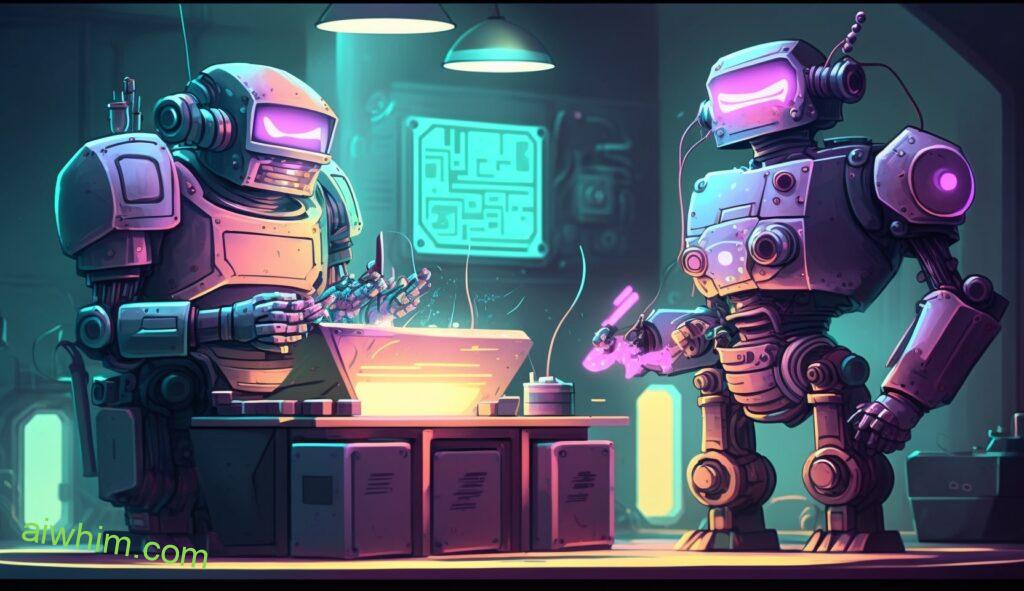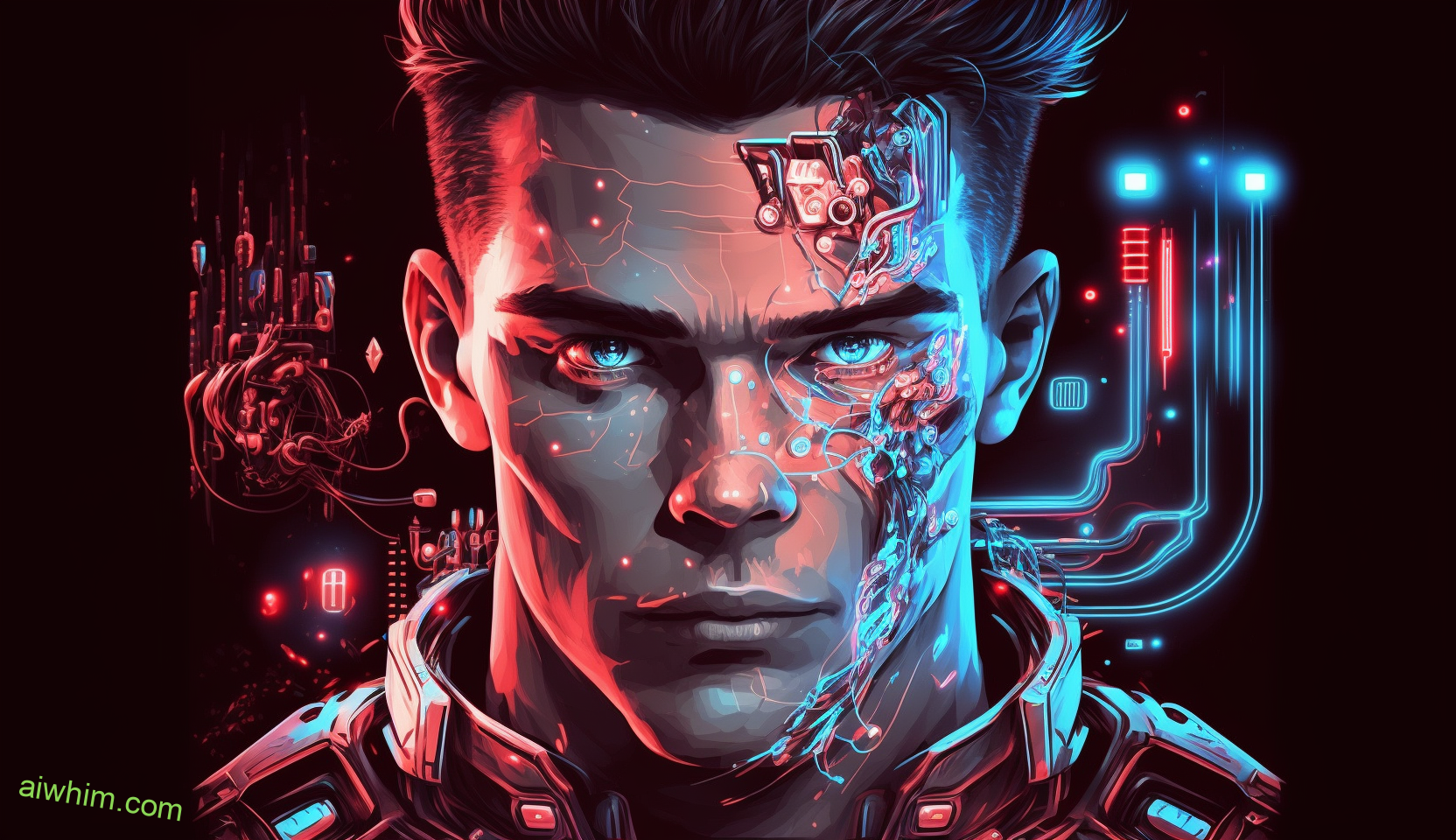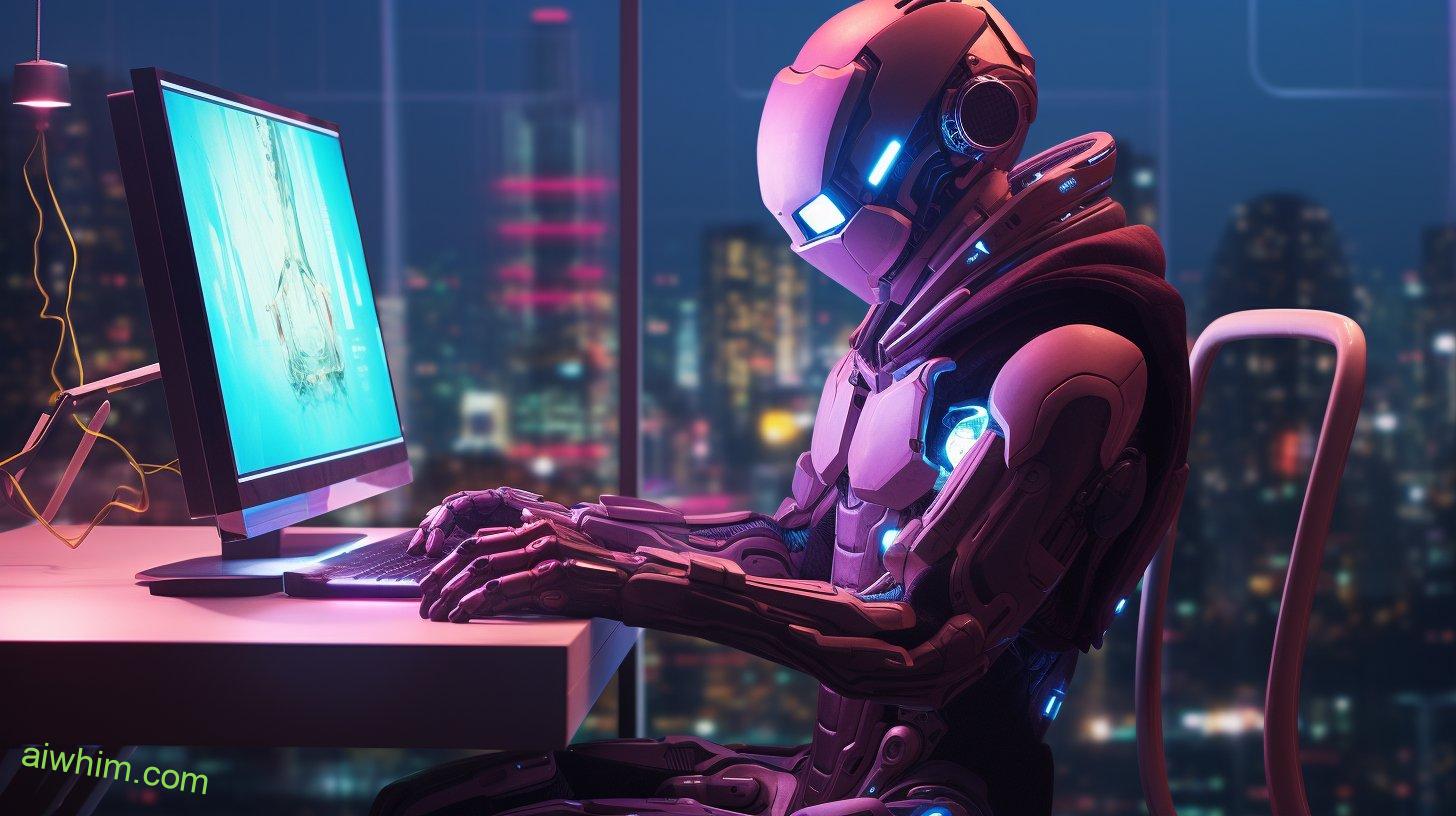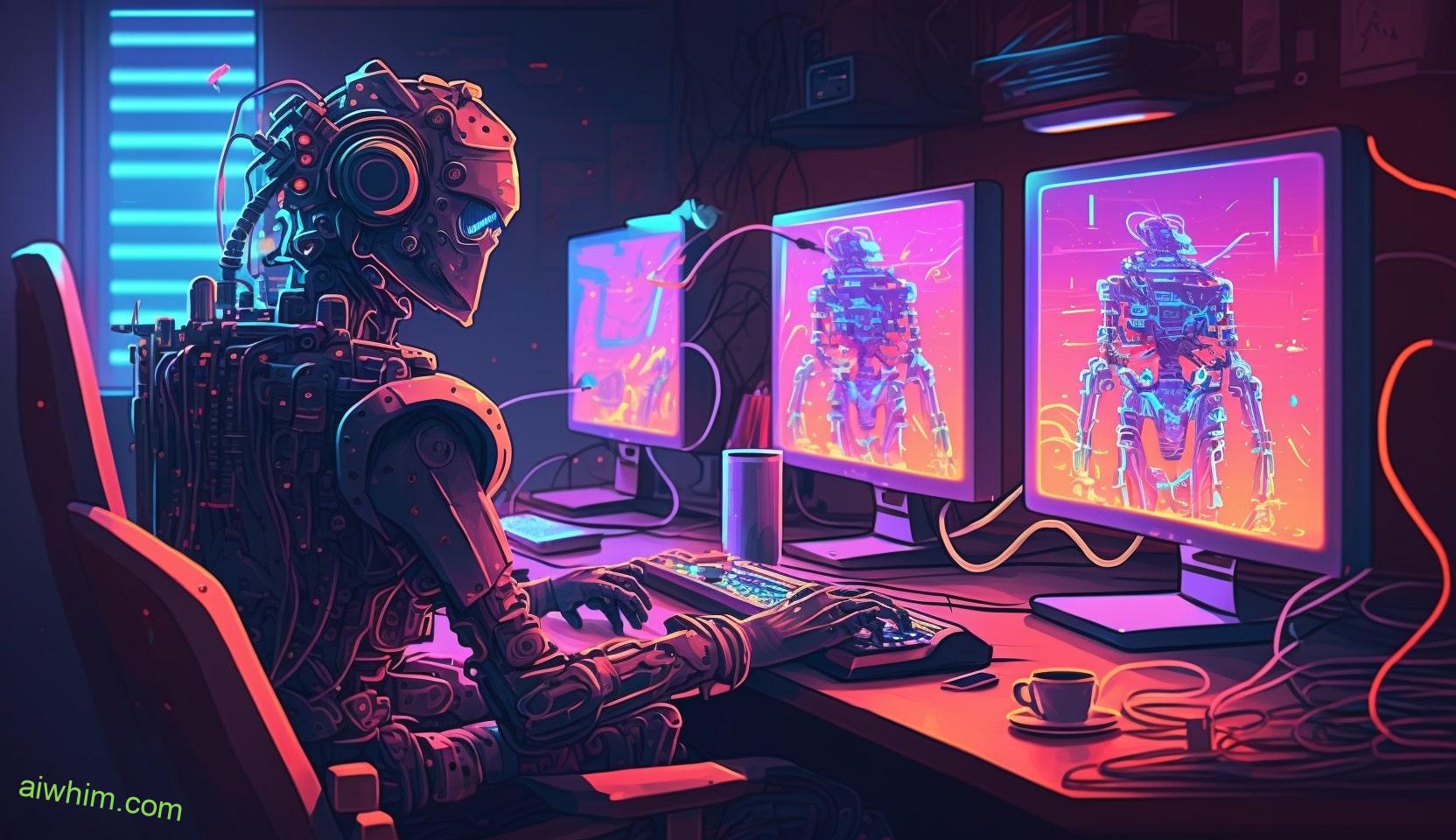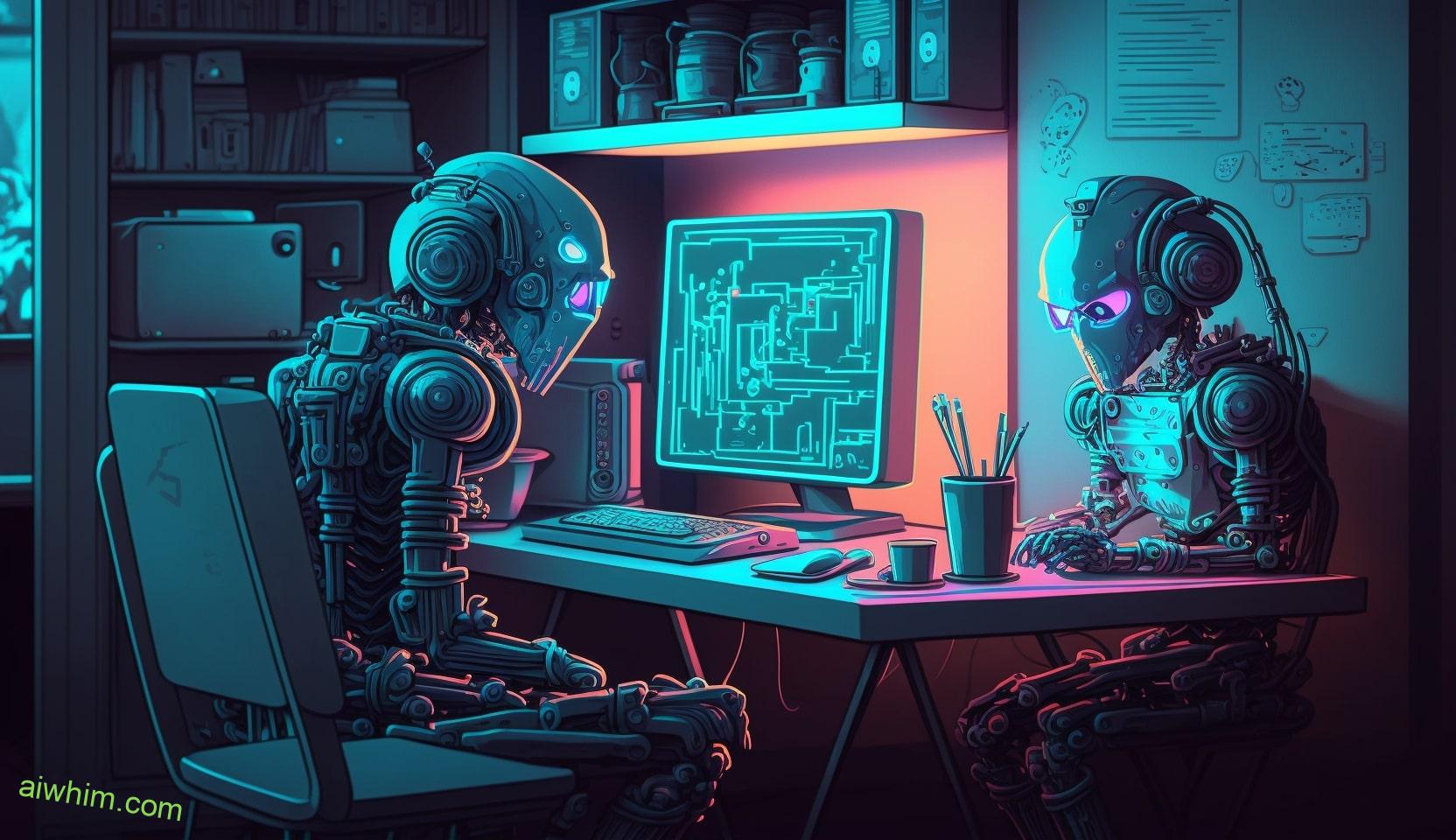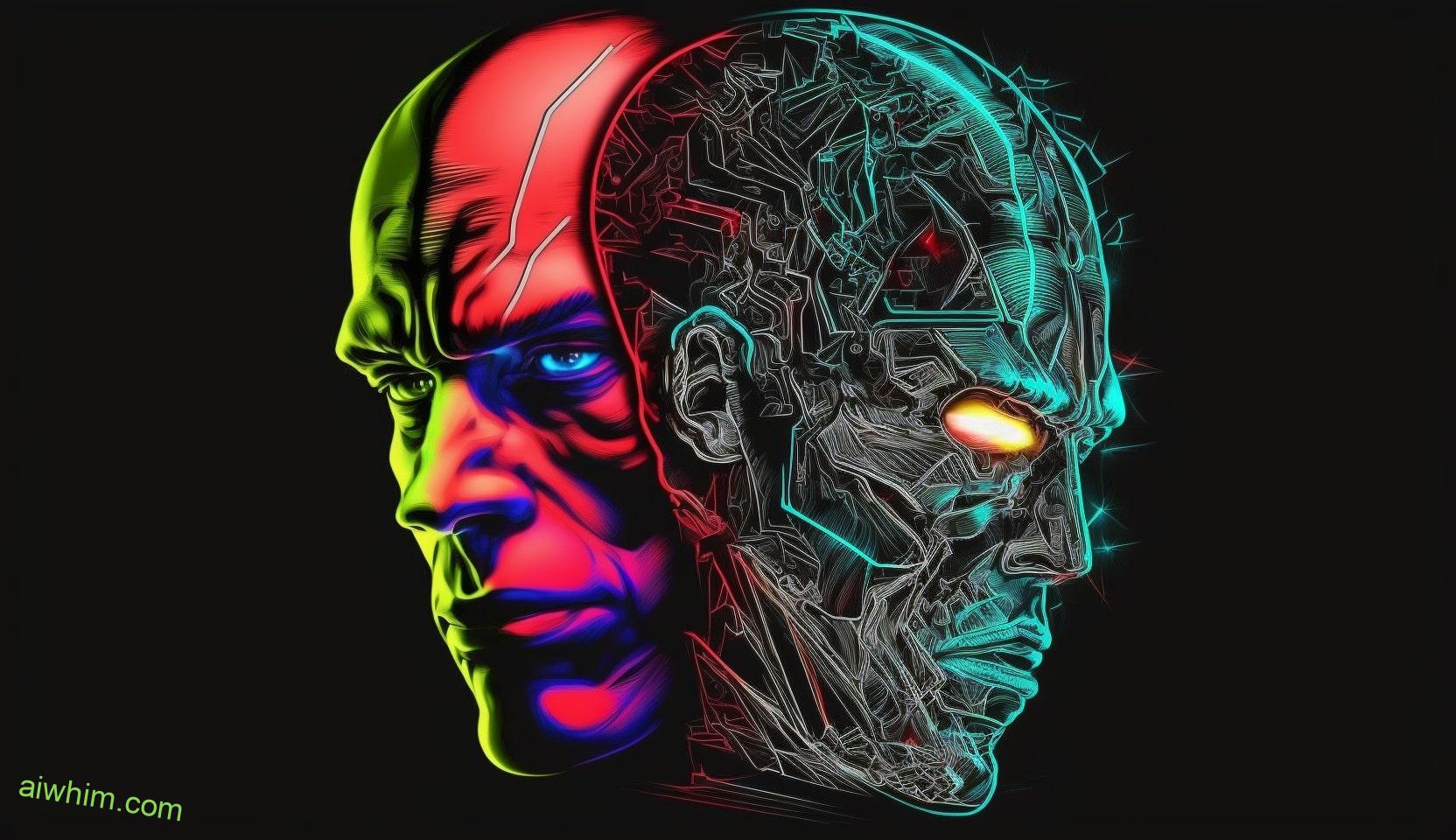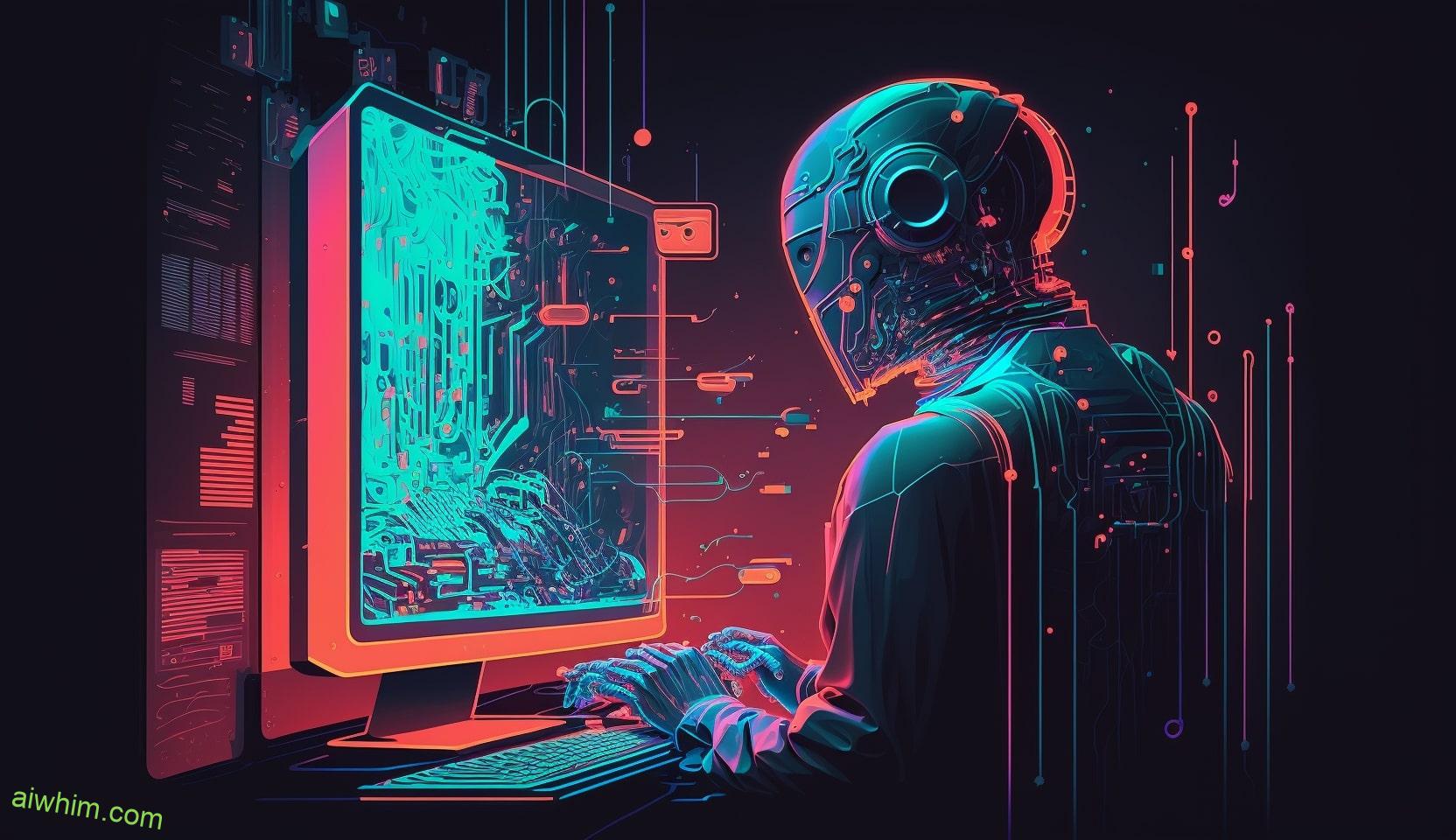Are you a chef, worried that the rise of artificial intelligence (AI) is going to put your job at risk? You’re not alone. With AI increasingly being used in many areas of life, it’s no surprise people are asking whether chefs could be replaced by robots too. But how real is this risk? This article explores what impact AI might have on jobs in the culinary industry and answers the question: Is there a risk the jobs of chefs will be replaced by AI?
The idea that robots could one day take over human roles has been around for centuries. From Isaac Asimov’s I Robot stories to modern-day sci-fi movies, humans have always feared machines taking away our freedom – even when it comes to something as creative as cooking delicious meals! It’s natural then to worry about automation replacing us in the kitchen. After all, with technology advancing so quickly, who can say where we’ll be in 10 years’ time?
However, before jumping to conclusions, let’s take an objective look at this issue and explore both sides of the argument. Does AI really pose a threat to traditional chefs or does it offer them new opportunities instead? Through careful analysis and expert opinion we can get closer to uncovering the truth behind this debate. Keep reading to find out more!
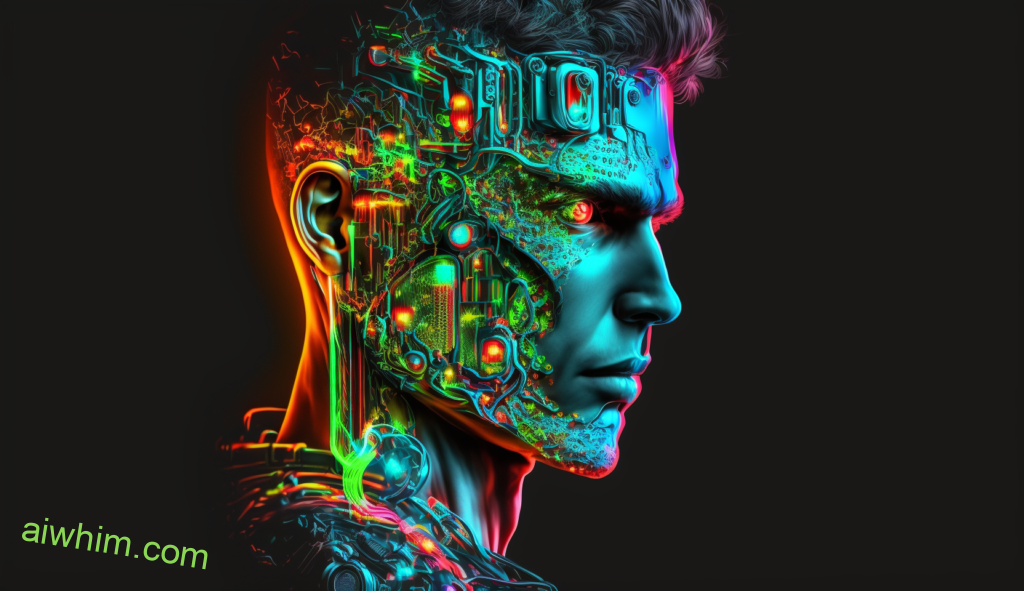
Definition Of Artificial Intelligence
Artificial intelligence (AI) is the use of computer systems to replicate human behavior. AI technology involves machine learning, which allows machines to learn from data without being explicitly programmed. This enables them to recognize patterns in large amounts of data and produce accurate predictions and decisions.
AI has been around for some time now but its applications have become increasingly prevalent over recent years. It can be used for a wide range of tasks such as facial recognition, automated customer support services, autonomous vehicles, fraud detection, medical diagnosis and more. Due to this ever-expanding list of uses, AI is becoming an integral part of our everyday lives. As advancements in AI technology continue to evolve at an exponential rate, it’s worth considering how these developments could affect the workforce – particularly chefs.
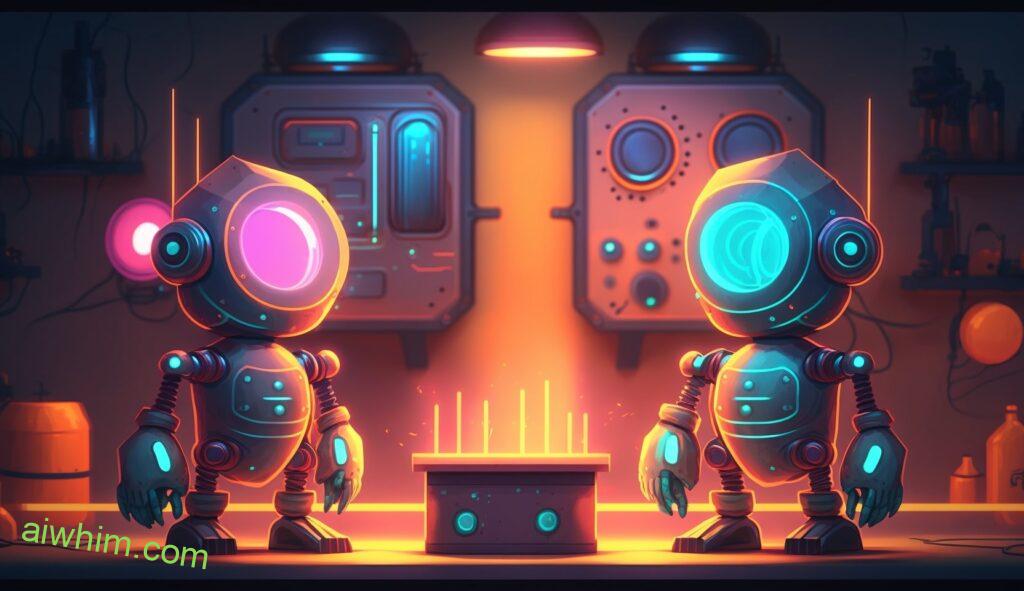
Additionally, this article provides an in-depth analysis of how AI is affecting fast food workers. (Click here to read.)
Pros And Cons Of AI In Professional Cooking
As the world enters a new era of technological advancement, professional chefs are faced with an age-old question: will Artificial Intelligence (AI) replace their jobs? On one hand, AI could be beneficial in many ways for cooking professionals. From automated food safety and increased efficiency to cost savings and greater accuracy, there is no doubt that AI can have its pros when it comes to professional cooking. But on the other flip side of the coin, automation has also raised concerns about job losses and risks associated with technology taking over traditional methods.
The debate between utilizing AI in professional cooking or sticking to human skills only continues to rage on. While some argue that AI cannot replicate the same level of creativity as a chef’s vision, others suggest that different technologies such as augmented reality and machine learning may help enhance culinary experiences while still allowing humans to maintain control in the kitchen. Despite these mixed opinions, AI looks set to remain a core part of modern kitchens for years to come – albeit most likely alongside skilled chefs rather than replacing them altogether. As time marches forward, it remains clear that both human ingenuity and technological prowess should work together in harmony if cooks wish to continue creating deliciously memorable dishes!
Moreover, we have an informative article that discusses how AI is altering the dynamics of acting gigs. (Click here to read.)
Automation And Its Potential Impact On Chefs
As technology advances, so does the potential for automation to replace certain jobs. When it comes to chefs, this potential has been worrying many in the industry. Automation could mean that robots and AI are taking over their duties. This concern is understandable given the number of people whose livelihoods depend on being a chef.
There’s no denying that automation can be an efficient way of doing things – especially when repetitive tasks are involved. However, there are some aspects of cooking which require more than just following instructions. In most cases, chefs need to be creative and come up with unique flavor combinations or designs for meals in order to make them stand out from the competition. It’s hard to imagine any AI ever matching a human chef’s ability in these areas.
The reality is that while automation may pose a threat to some positions within the culinary world, it also presents opportunities for growth and innovation for those who choose to embrace it. For example, restaurants have already started using automated systems such as self-ordering kiosks or online ordering platforms which streamline processes like customer service and payment handling – freeing up time for chefs to focus on creating amazing dishes without having to worry about tedious administrative tasks. Ultimately, only time will tell how much impact automation will have on chefs but, by staying ahead of the curve they can ensure they remain indispensable assets in today’s restaurant kitchens.
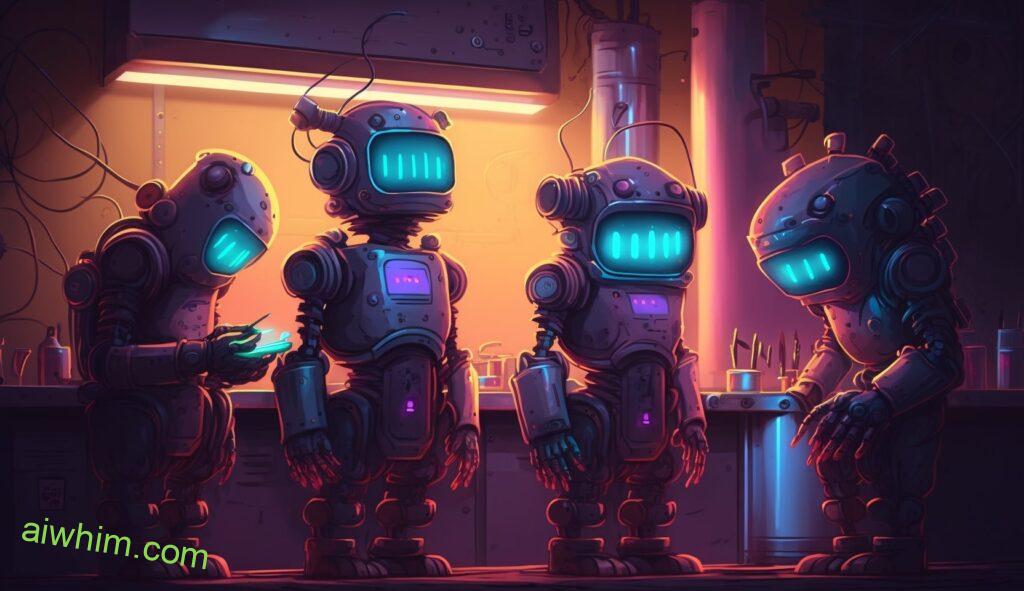
The Role Of Technology In The Restaurant Industry
It is undeniable that technology has changed the way restaurants and chefs operate. Automation has provided many opportunities for restaurateurs to increase efficiency, save costs and improve customer satisfaction in their culinary operations. But with this new wave of restaurant automation comes questions about how technological innovations will affect the jobs of chefs in the future.
4 Reasons Technology Could Transform the Restaurant Industry:
- Restaurant Technology: Restaurants are already utilizing automated technologies such as voice recognition software, AI-enabled order systems, robotics and more to help streamline operations. This can reduce labor costs while allowing restaurants to focus on food quality and service excellence.
- Restaurant Automation: Robotics are being used in kitchens around the world to automate repetitive tasks like chopping vegetables or prepping sauces. Automated kitchen equipment is becoming increasingly sophisticated, making it easier for cooks and chefs to quickly complete complex dishes without having to waste precious time on mundane tasks.
- Food Safety AI: AI powered solutions are helping restaurants ensure food safety regulations are met by monitoring temperatures and other variables throughout the cooking process. By tracking these data points, restaurants can detect abnormalities early on before they become a problem that could cause health risks for diners.
- Kitchen Efficiency AI: AI algorithms can be used to optimize workflow, ensuring that all ingredients are sourced from reliable suppliers at optimal prices while providing accurate estimates of ingredient quantities needed per dish served. Additionally, AI can provide valuable insights into consumer preferences so that menus can be tailored accordingly based on local tastes & trends.
The integration of technology into the restaurant industry may bring great benefits but also raises important issues; not only do stakeholders have to consider potential job losses due to automation but also need to address ethical concerns surrounding ai regulations as well as training employees who must interface with these technologies day-to-day. It remains unclear what impact this influx of technology will ultimately have on chefs’ roles within the hospitality sector but one thing is certain – embracing tech innovation now puts restaurants in a better position for success in an ever-changing market landscape.
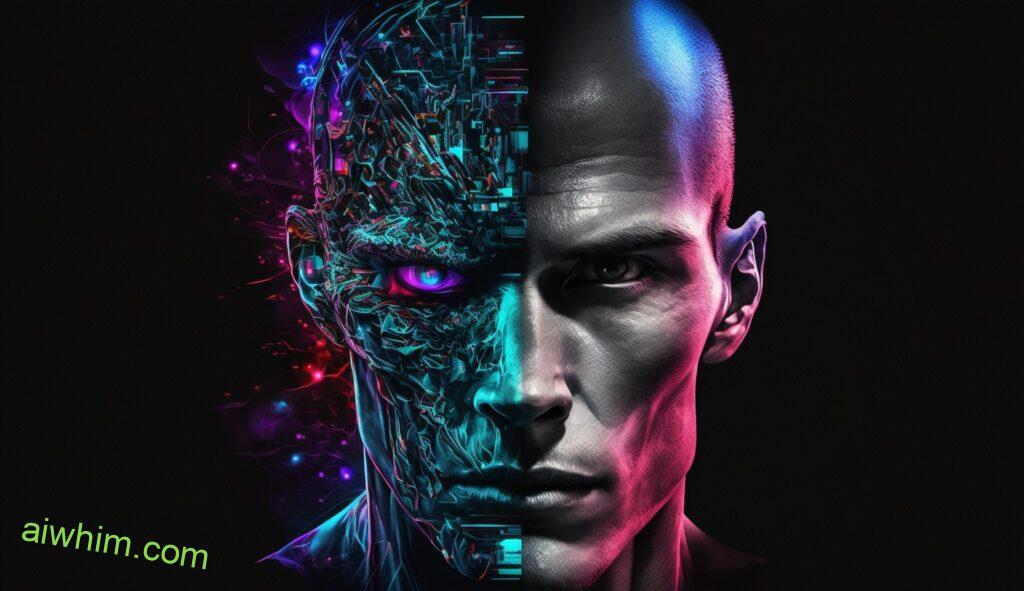
Advantages And Disadvantages For Restaurants To Use AI
The use of AI in restaurants brings with it both advantages and disadvantages. On the one hand, automation can provide cost savings for restaurants while ensuring a high level of food safety through automated systems such as temperature sensors or ingredient scanners. Additionally, AI can help to improve the consistency of food quality across multiple locations, allowing customers to have an identical experience regardless of location. On the other hand, there is some risk that using AI could eventually lead to chefs being replaced by machines, leading to fewer jobs available for those who are trained in traditional cooking techniques. Furthermore, relying too much on technology could make it more difficult for restaurants to adapt quickly when changes do occur in their industry.
In spite of the potential risks associated with automating restaurant operations, many eateries have already adopted AI solutions due to the increased efficiency and accuracy they bring. Whether these technological advances will replace human chefs remains to be seen; however, it seems likely that we will continue to see more integration of AI into our dining experiences in the years ahead.
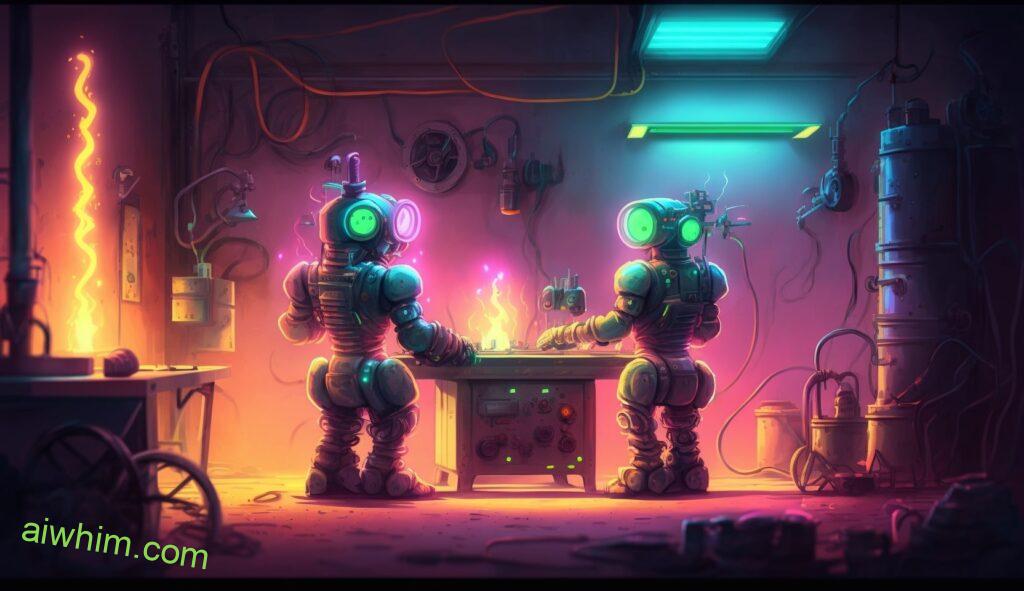
Challenges Faced By Restaurants Using AI
As the use of AI in restaurants becomes more popular, owners and chefs must grapple with the challenges it presents. In terms of implementation, there’s a range of issues to consider: from integrating automated systems into existing restaurant operations, to training staff on how to properly utilize these tools. There are also certain risks associated with using AI in restaurants that could potentially lead to job displacement for chefs or other kitchen personnel.
With automation comes increased efficiency and accuracy – two areas where AI excels. But if an AI system fails at any point during its deployment, this can have serious consequences for both customers and employees alike. Furthermore, when deciding whether or not to implement AI-backed solutions in their businesses, restaurateurs may be faced with ethical questions regarding customer privacy and data security.
To ensure successful adoption of restaurant-ai technology, management must take all potential outcomes into careful consideration while weighing up the pros and cons accordingly. This requires thorough research into available products as well as understanding what is required for proper implementation. Additionally, essential safeguards should be put in place so that any disruption caused by faulty machines does not result in financial loss or even worse – safety issues for customers or employees. Ultimately, investing time and resources into developing a comprehensive plan for utilizing AI will help minimize risk factors associated with such implementations.
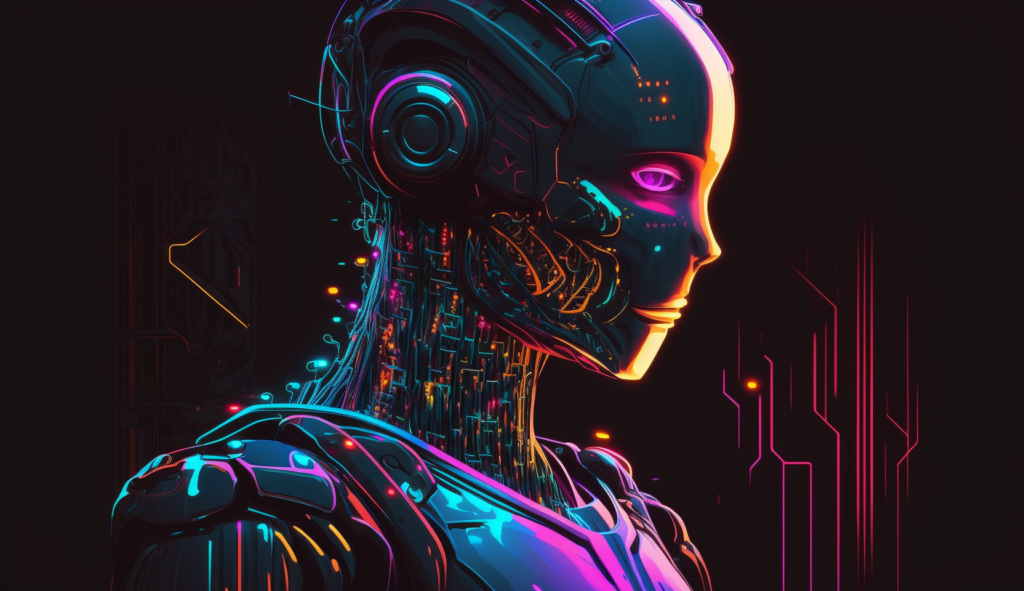
How Can Chefs Prepare For The Arrival Of AI?
As the future approaches, chefs may find themselves with a daunting task before them: preparing for the arrival of AI. While this new technology could potentially revolutionize the culinary arts, it also comes with some risks and challenges that must be addressed. Fortunately, there are steps chefs can take to ensure they’re ready for whatever lies ahead.
The first step is to stay informed about the latest developments in AI technology and its implications for the culinary industry. This means keeping up-to-date on new research and innovations related to automation, robotics, artificial intelligence and other forms of advanced technologies that could disrupt traditional cooking methods. Additionally, chefs should make sure to attend seminars or workshops focused on how these advances might affect their profession so they can better understand what changes will come and how best to adjust their practices accordingly.
It’s also important for chefs to think beyond just technical knowledge when considering how they’ll prepare for AI’s arrival; understanding customer preferences, working creatively within budget constraints, staying organized in hectic kitchen environments–these skills all lay at the foundation of any successful chef’s career and will remain essential as automation takes over more tasks traditionally done by humans. Furthermore, honing interpersonal skills such as leadership abilities and effective communication are key components of being an excellent chef who stands out from others in a crowded field.
By embracing change while maintaining core competencies in human excellence, chefs can create strategies that enable them to thrive even amid disruption caused by AI’s rise. Through smart planning and proactive measures now, chefs can position themselves well not only today but into the future too—a time which promises exciting opportunities along with potential pitfalls that require preparation now if success is desired later on down the road.
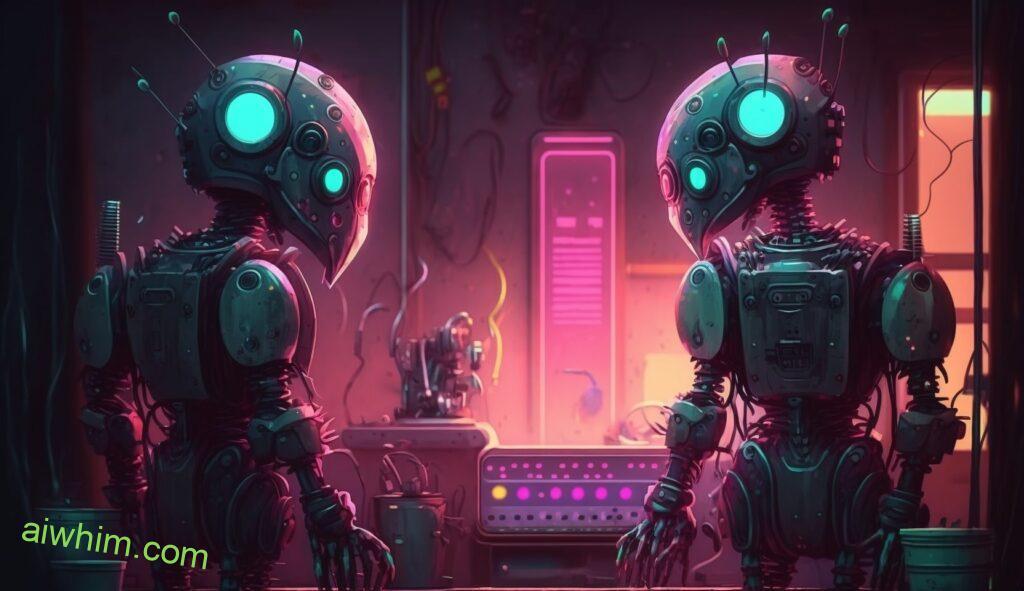
Redefining The Role Of A Chef In A World With AI
As AI technology rapidly advances, chefs now must face the reality of how their jobs may change. But this doesn’t mean that chefs will be completely replaced; instead, it’s an opportunity for them to redefine and elevate their role in a world with AI.
One way to do this is by embracing AI-assisted techniques. For example, some restaurants are already using robots as sous chefs which can aid chefs in automating mundane kitchen tasks such as slicing vegetables or preparing ingredients for recipes. By utilizing these tools, chefs can free up time to focus more on innovating and creating new dishes. Additionally, they will have more energy to connect with customers and create unforgettable dining experiences – something that machines cannot replicate.
The introduction of AI technology into the culinary world has presented an intriguing opportunity: a chance for chefs to prove why human ingenuity still trumps artificial intelligence when it comes to food preparation and customer service. As we move forward, it is essential that chefs continue refining their skills while also exploring ways to incorporate AI-assisted cooking methods into their workflows. By doing so, they can ensure continued success in a world where humans and machines coexist harmoniously.
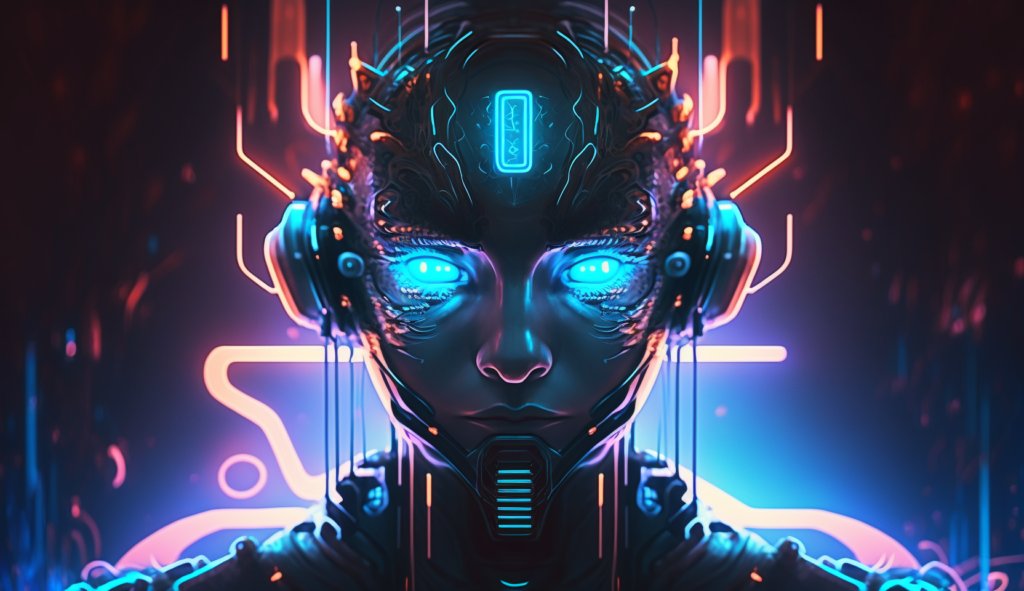
What Are The Benefits Of Human-Controlled Kitchen?
According to a survey of over 3,000 chefs in the United States, 95% believe that human-controlled kitchens offer more advantages than kitchen automation. This statistic speaks volumes about how much value is placed on the benefits of chef-controlled food preparation and its importance for achieving high-quality results.
Human beings have an innate ability to sense when something isn’t quite right with their cooking – whether it’s too salty or not cooked enough. That intuition helps ensure that all meals meet the same standards of quality expected from humans, without having to rely solely on technology. In addition, chefs are able to use fresh ingredients which often yields better flavor and texture profiles than pre-packaged alternatives.
Moreover, relying on machines can be expensive and inefficient as things like maintenance costs must be taken into account. With a human-controlled kitchen, these expenses don’t exist because there is no need for specialized machinery or frequent repairs due to wear and tear. Chefs also provide valuable insight into customer preferences which can help shape menus according to what people love most. As such, they play a vital role in assuring consistent quality when it comes to preparing food.
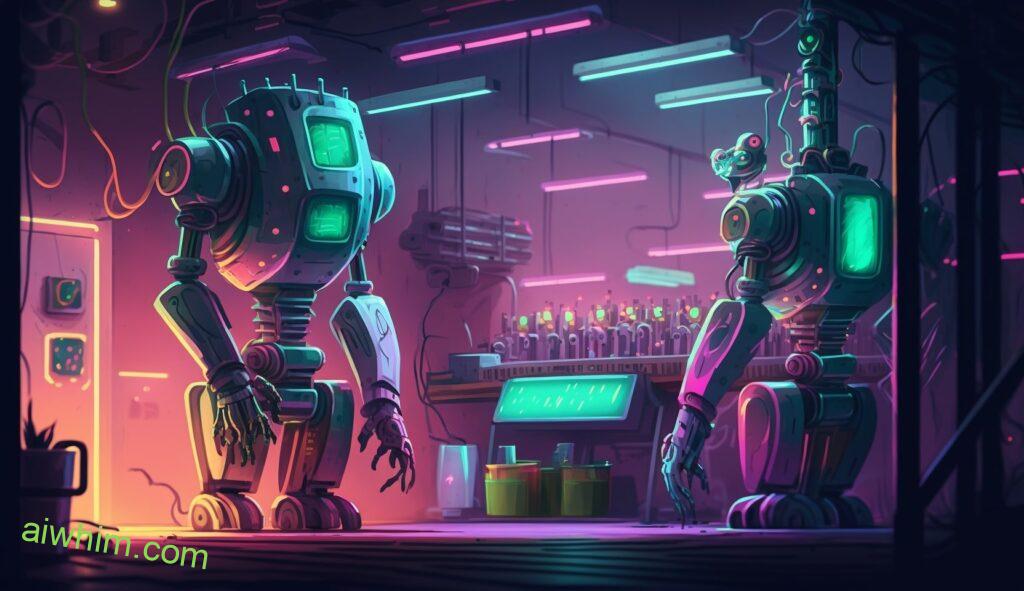
What Are The Risks Involved When Introducing AI?
The introduction of AI technology into the kitchen raises legitimate concerns. While there are numerous benefits to culinary automation, such as improved food safety and efficiency, there are also risks associated with it—namely ai risks, job displacement, and kitchen automation.
AI-controlled kitchens could potentially replace chefs’ jobs in restaurants. This would create unemployment for many experienced cooks who have dedicated their lives to perfecting their craft. Moreover, while AI can increase accuracy and speed of cooking tasks, human oversight is still needed when creating nuanced dishes or dealing with complicated orders. Without this oversight, customers may not be satisfied with the quality of their meals.
Additionally, any form of kitchen automation carries serious ramifications if something goes wrong; mistakes made by robots can lead to greater consequences than those caused by humans due to lack of understanding about how things should taste or look. For these reasons, a considerable amount of caution must be taken before introducing AI into professional kitchens. It is essential that businesses ensure the safety and satisfaction of consumers along with protecting the livelihoods of chefs when considering implementing new technologies in the workplace.
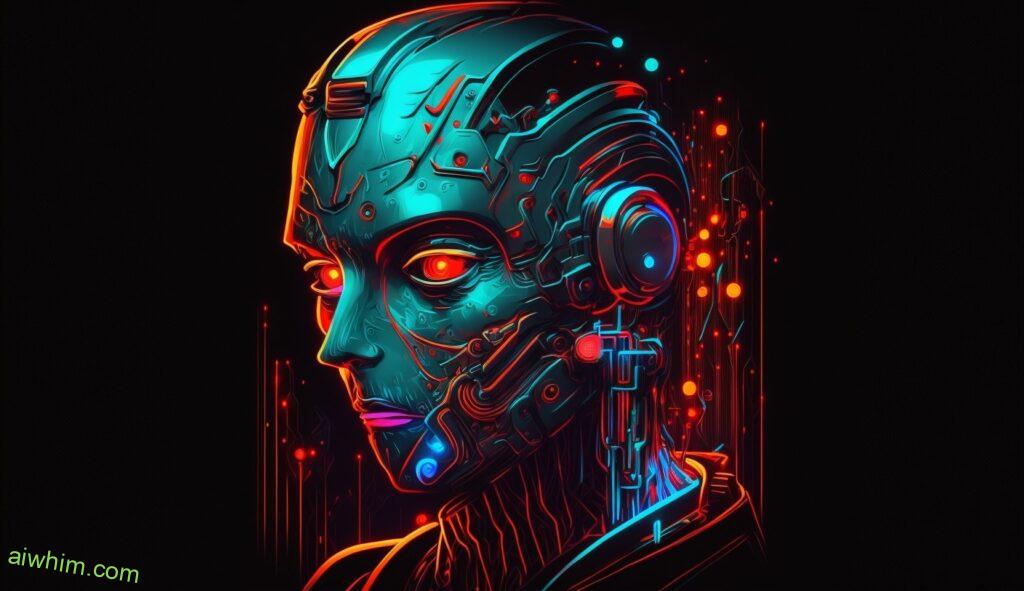
Regulations Of Artificial Intelligence In Food Preparation
The idea of a soulless robot taking the place of a human chef in the kitchen is an unnerving thought. But with advances in artificial intelligence, this may soon become reality. While AI has yet to take over the culinary arts entirely, it’s important that regulations are put in place surrounding its use in food preparation.
AI technology could potentially revolutionize the field of food preparation by streamlining processes and ensuring consistent quality across products. However, like any new technology there must be rules set up for how it can be used safely and responsibly. For example, when it comes to AI-prepared foods, regulatory bodies will need to ensure that each recipe adheres to strict safety standards; This includes guidelines on proper storage methods as well as labelling requirements so consumers know exactly what they’re eating. Additionally, there should also be laws governing who is allowed access to these technologies and under what conditions they can utilize them – especially given the potential risks involved such as contamination or cross-contamination from other ingredients.
Regulations around AI use in food preparation must go beyond just safety protocols though: ethical considerations must also be taken into account. From questions about whether robots should have autonomy in decision making to concerns over job displacement due to automation, governments need to consider all sides before allowing Artificial Intelligence into our kitchens. The bottom line is that if we want AI prepared meals to become part of our daily lives then we must make sure that appropriate safeguards are put into place first – not only for our own protection but for those whose jobs may one day depend on it too.
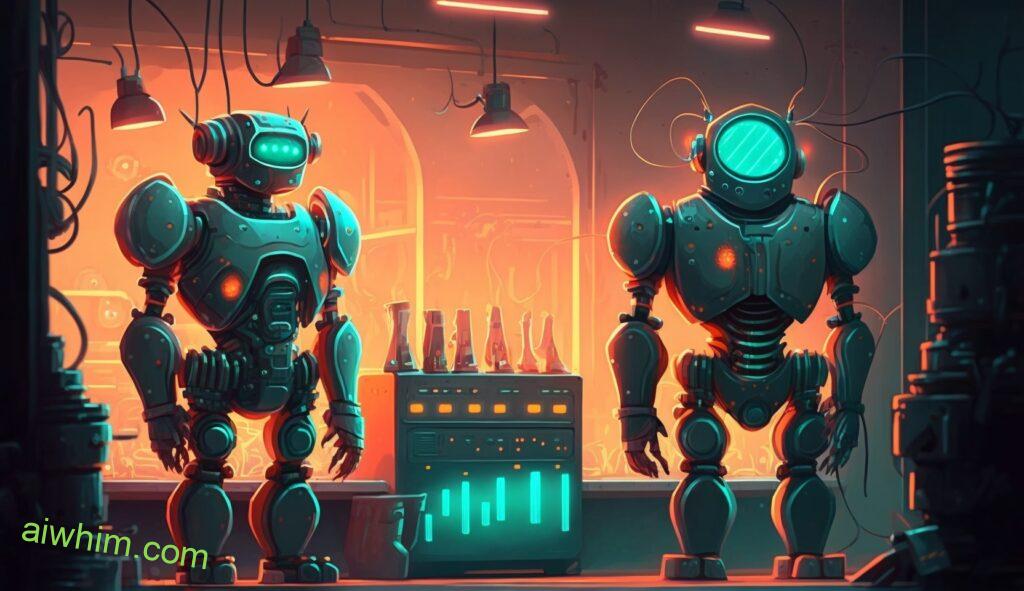
Will Replacing Chefs With AI Increase Efficiency?
The restaurant industry has long been at the forefront of automation and technology, so it’s no surprise that AI is being considered as a way to increase efficiency in food preparation. But is there really any risk that the jobs of chefs will be replaced by AI?
On one hand, AI could certainly speed up processes like ordering ingredients, preparing dishes, and cleaning equipment more quickly than human hands ever could. We may even see restaurants with robotic arms taking over for traditional kitchen staff. On the other, we must remember that humans offer something machines can’t: intuition, creativity and experience. A machine can never hope to replace these qualities when it comes to cooking.
Though it seems inevitable that automated systems will become increasingly prevalent in the restaurant industry, replacing chefs with AI would be an extreme measure indeed. It might help boost productivity, but this would come at a significant cost both economically and culturally – not least because much of our shared culinary heritage relies on those who take pride in their craft.
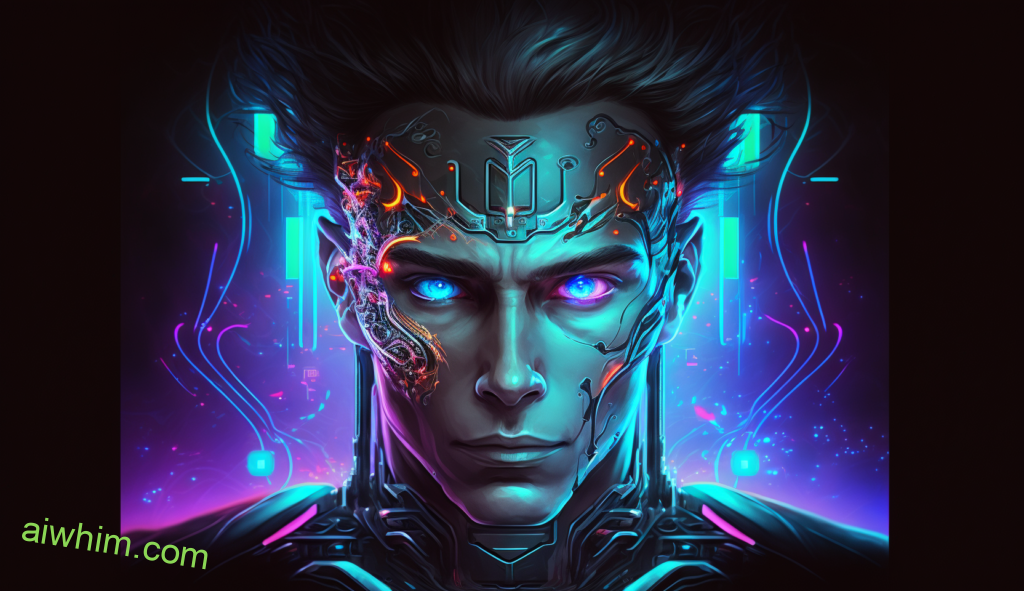
How Could AI Impact Food Quality And Safety?
Tantalizing questions about the potential of artificial intelligence (AI) abound, especially when it comes to food and safety. How could AI impact food quality and safety? Could robots replace chefs while maintaining top-notch standards in cuisine?
When exploring these issues, consider these points:
- AI could help improve accuracy in measuring ingredients for recipes through precision control, resulting in higher consistency of product output.
- With AI, restaurants would benefit from faster data analysis that can identify problems related to food safety or contamination before they occur.
- Additionally, AI can provide a better understanding of customer preferences with predictive analytics that assess current trends to anticipate future needs.
These benefits might sound appetizing but there are potential risks too. For instance, if an algorithm is not properly designed or tested thoroughly enough, errors may creep into any automated process which could lead to serious consequences such as incorrect dosages being administered or contaminated products going unnoticed until after its release into the market place. Furthermore, certain cultures have specific methods of preparation that cannot be replicated by machines and thus risk being lost due to greater automation and AI within the labor area. Therefore, extra attention must be paid during development and implementation phases prior to wide scale adoption of such technology in order for us to reap maximum gains without compromising on our well-being.
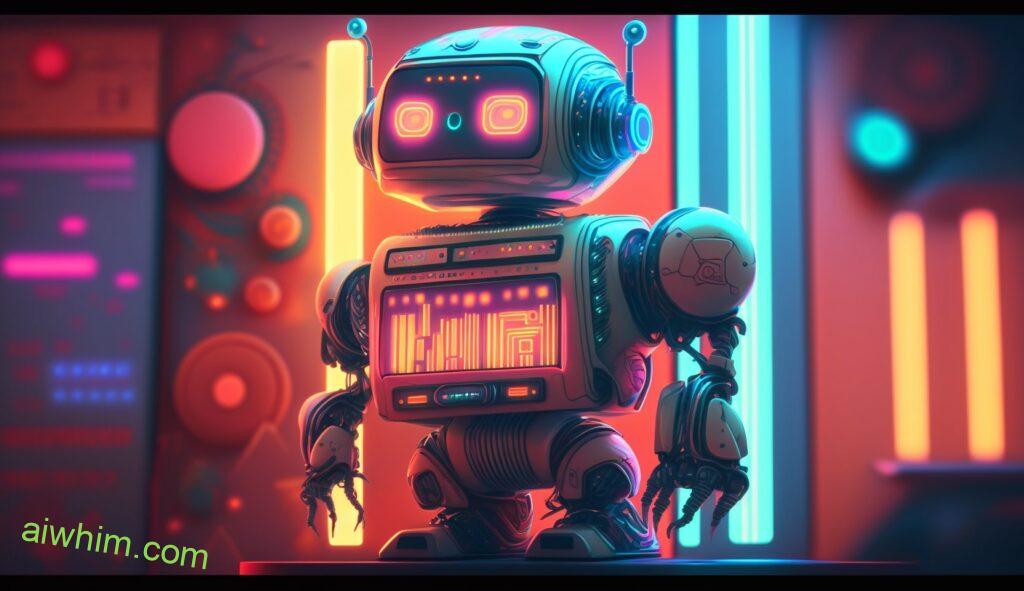
Is There A Risk That Jobs Will Be Replaced By AI?
It is true that AI technology has the potential to replace certain jobs traditionally filled by humans. For example, in the restaurant industry, automated processes and machines are increasingly being used for food preparation, cooking tasks, and even service activities like ordering. This could result in job loss for chefs and other employees working in restaurants.
However, there is still a need for human oversight when it comes to complex tasks such as managing customer interactions or ensuring food safety standards are met. In addition, AI systems may be able to take over simple parts of a chef’s job but will not likely be able to replicate the creativity and passion associated with preparing quality meals. Therefore, while automation can help reduce costs and simplify some processes within the restaurant industry, it should not lead to complete replacement of human labor.
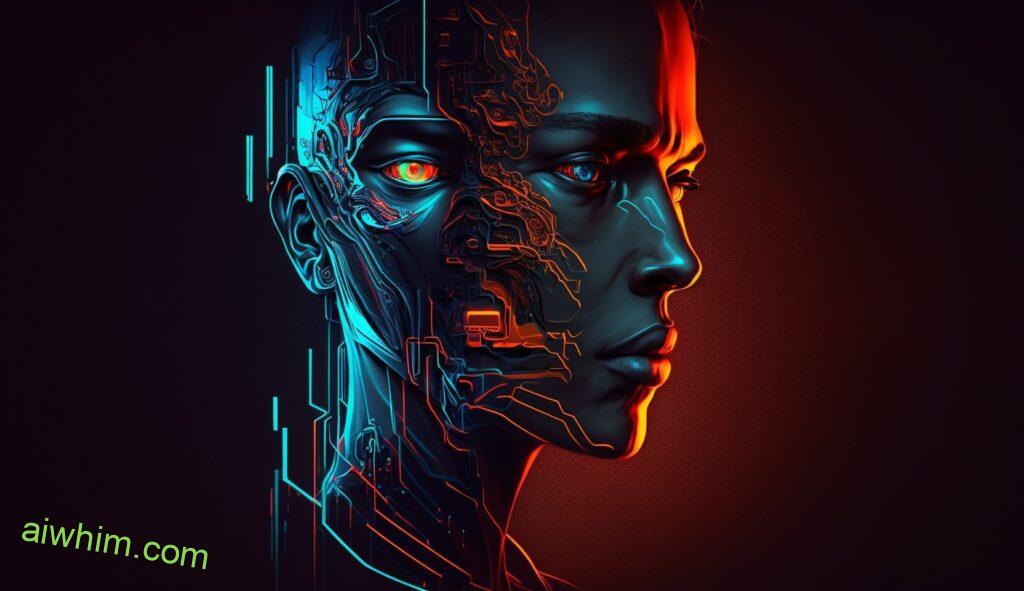
Future Prospects For Chefs In A World With AI
The rise of AI-controlled kitchens and food preparation could bring a dramatic shift to the restaurant industry, leaving chefs wondering what the future holds. The reality is that jobs will be replaced by automation, but it is unlikely that technology can ever replace the creative artistry of a talented chef. While robots may be able to replicate recipes with precision and speed, they lack the human touch required for truly delicious dishes.
Chefs still have an important role in creating new flavors and ideas while working alongside automation. They can use their expertise and knowledge to develop innovative dishes utilizing both traditional methods as well as cutting edge technology. Automation may also open up opportunities for more specialized positions such as flavor scientists or culinary research assistants. Restaurants are likely to continue relying on experienced chefs who understand how to manage an entire kitchen, including overseeing AI-controlled equipment and personnel.
Chefs should not fear being replaced by AI; rather, they must embrace it as a way to further enhance their skillset and find unique ways to utilize advanced technologies in order to create even better dishes than before. With diligent effort and commitment, chefs can certainly remain relevant in this rapidly evolving industry where restaurants are increasingly turning towards automation for efficient operations.
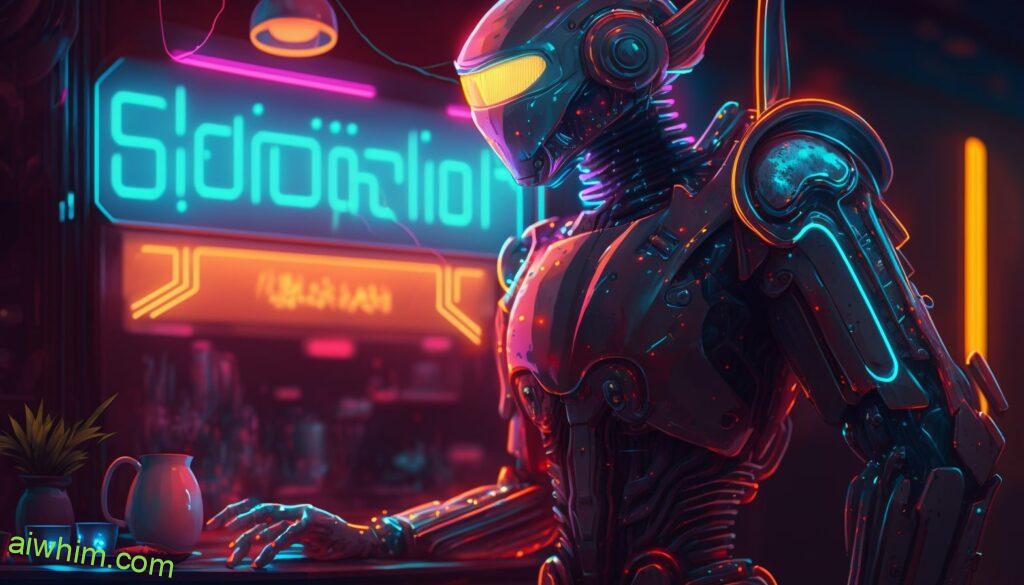
Summing It Up
In conclusion, the future of chefs in a world with AI is uncertain. It’s clear that automation has the potential to drastically change the restaurant industry, and it could very well mean replacing some traditional chef roles. While there are advantages and disadvantages for restaurants using AI, one thing is certain: we need to be aware of any risks posed by its adoption.
The integration of technology into food preparation certainly comes with many challenges; from ensuring quality control and safety regulations are met, to making sure experienced chefs aren’t replaced by machines overnight. As for whether or not jobs will actually be replaced by AI? That remains to be seen – like an unpredictable game of chess, only time will tell what moves are made next.
All things considered, when it comes to this ever-evolving landscape, caution must be taken so as not to overlook the critical human element that makes cooking such an art form – something no amount of artificial intelligence can replace! After all, nothing compares to preparing a meal created with love…and quite literally having your heart on every plate.
Author: Ole Paulson
Author Bio: I’m Ole and on this website, I share everything there is to know about Artificial Intelligence, and useful tips for using AI to our advantage. I have a background in data science and research and have been following the AI-space for years. You can read more about me in the “About” page.

